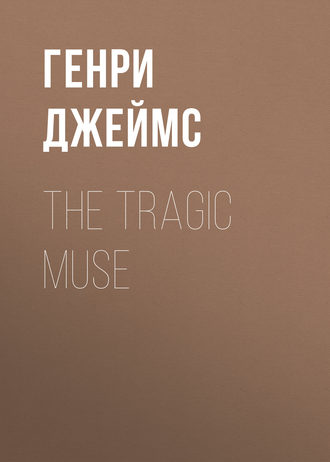The Tragic Muse
 полная версия
полная версияThe Tragic Muse
Жанр: культура и искусствозарубежная старинная литературакинематограф / театрзарубежная литература о культуре и искусстве
Язык: Английский
Год издания: 2018
Добавлена:
Настройки чтения
Размер шрифта
Высота строк
Поля









